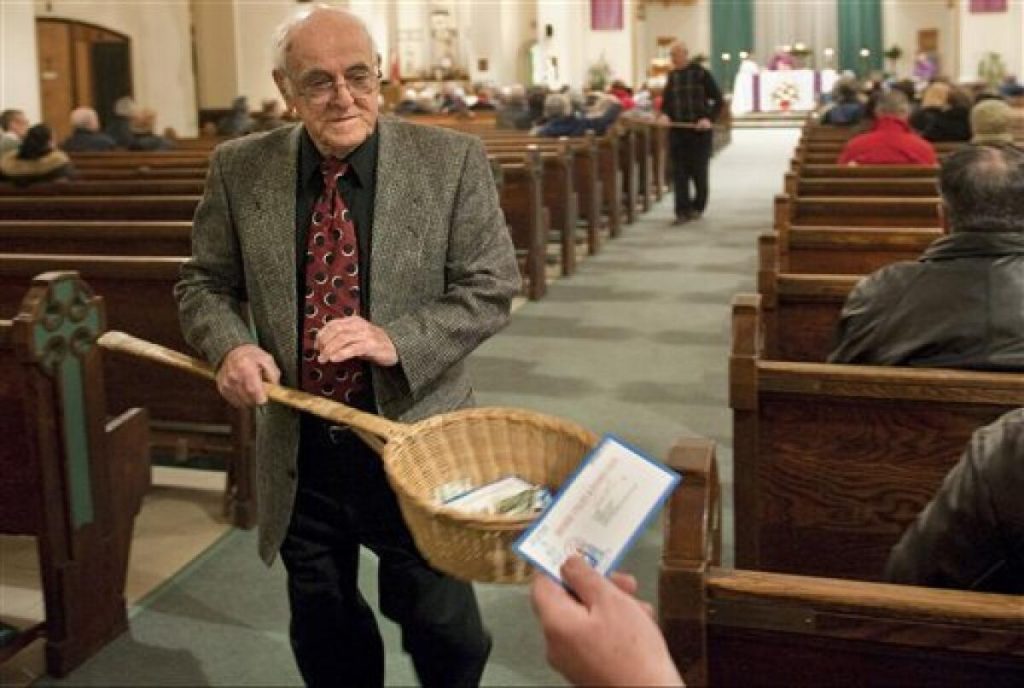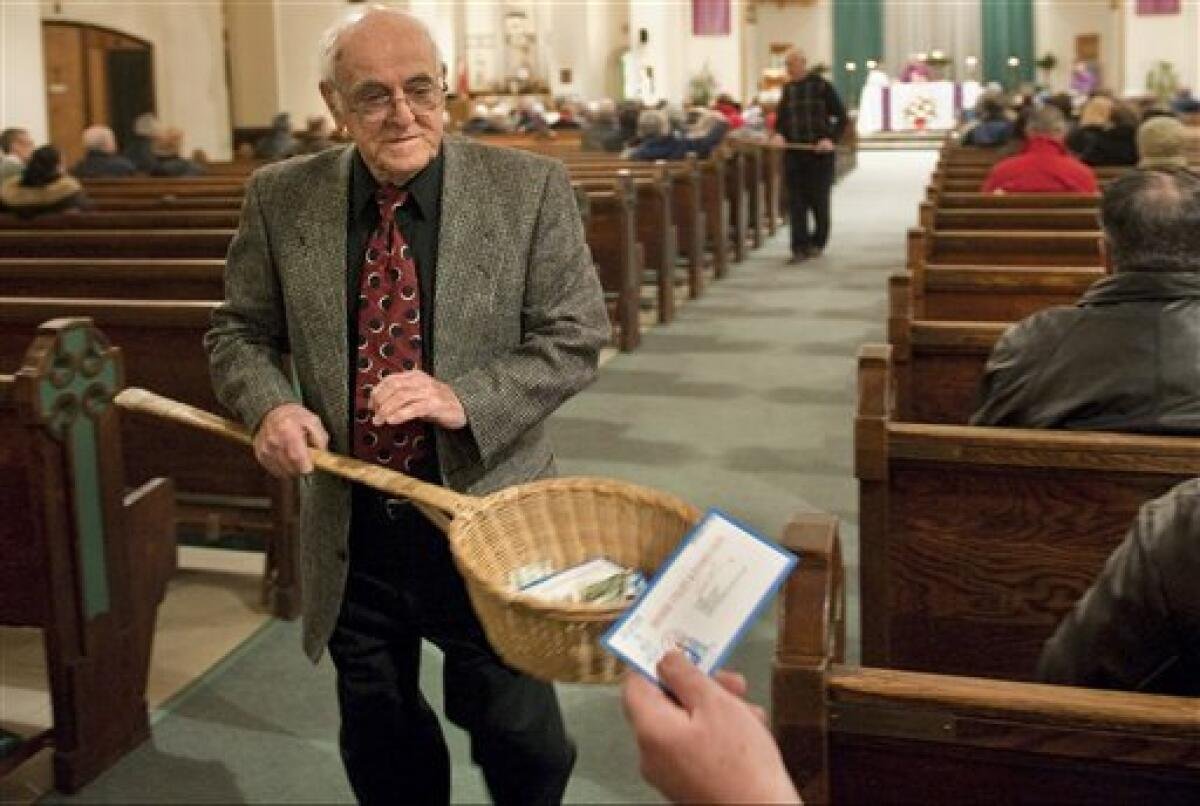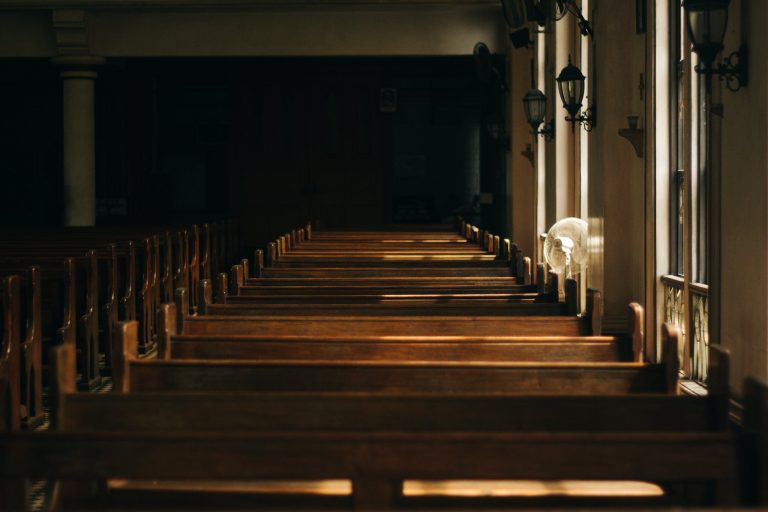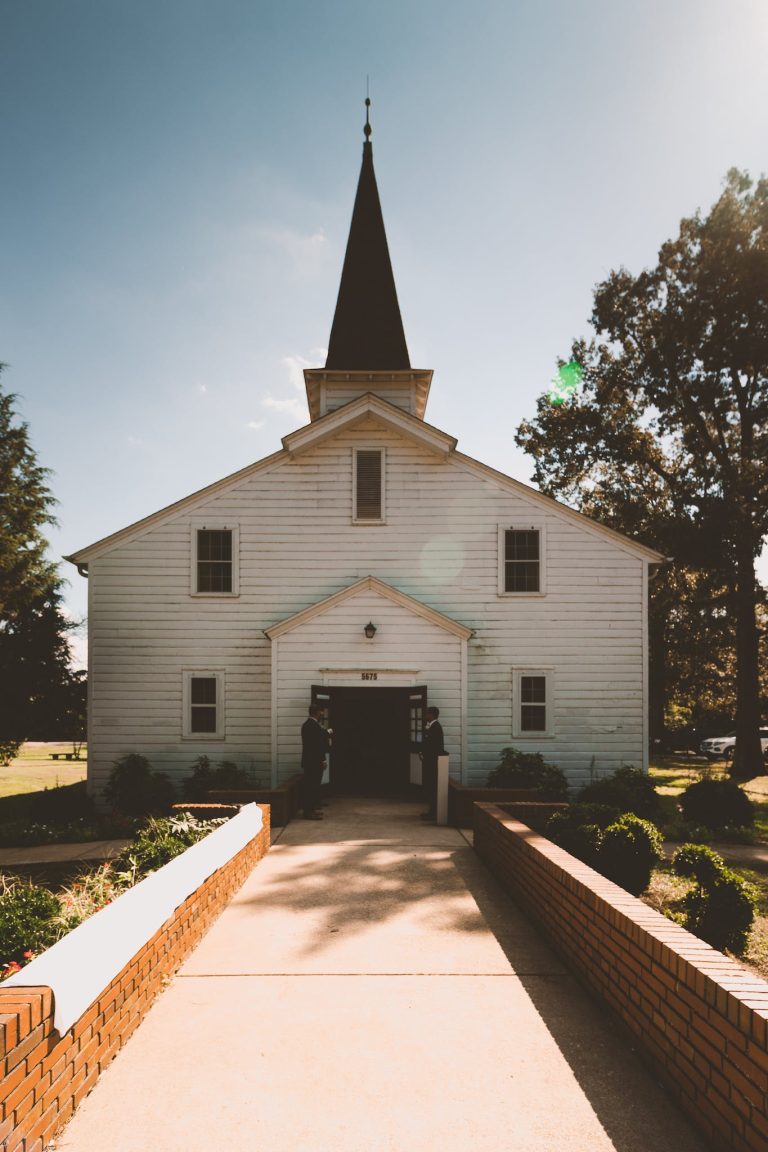Do Churches Qualify for QCDs? Qualified Charitable Distribution
Do churches Qualify for QCDs? The answer is generally yes, with some guidelines. Continue reading for a detailed explanation.
Qualified charitable distributions (QCDs) allow certain taxpayers to donate part of their IRA required minimum distributions (RMDs) directly to charity without having to claim the distribution as taxable income. This can provide multiple tax benefits for those who itemize their deductions. However, not all charities and nonprofits qualify to receive QCD donations.
This article examines whether churches and other religious organizations can qualify to receive these special tax-advantaged donations.
What is a Qualified Charitable Distribution?
A qualified charitable distribution (QCD) allows individuals ages 70.5 or older to donate up to $100,000 per year tax-free directly from their Individual Retirement Accounts (IRAs) to qualified charities. The distribution bypasses the individual’s taxable income, meaning neither income tax nor Medicare premium surcharges apply to the donated amount.
Tax Benefits of QCDs
There are several potential tax advantages to using QCDs for charitable giving instead of withdrawing IRA assets and donating cash:
- Donors do not have to claim the QCD amounts as taxable income, even though they would otherwise be required to make minimum distributions. This can provide income tax savings.
- Keeping one’s taxable income lower through a reduced RMD can help minimize Medicare premium surcharges for high-earners.
- Itemizing taxpayers who claim the charitable donation as an itemized deduction receive the benefit of that deduction without increasing their adjusted gross income the way a taxable IRA withdrawal would.
Rules and Requirements
While QCDs provide clear tax benefits, they also come with specific requirements:
- Donor’s age: The account owner must be at least 70 1⁄2 years old when the QCD distribution is made.
- IRA-to-charity transfer: The IRA custodian must transfer the funds directly to the approved charity. Donors cannot receive the distribution personally first.
- Qualified charities only: The recipient charity must qualify with the IRS as a 501(c)(3) public charity. Not all charitable groups meet this requirement.
The key considerations around churches and QCD eligibility center on whether they meet the IRS requirements to be 501(c)(3) public charities.

Are Churches Generally 501(c)(3) Organizations?
Most churches do meet the IRS qualifications as 501(c)(3) tax exempt organizations. This is an important categorization that allows donors to deduct their contributions from their taxable income.
In general, churches meet the 501(c)(3) criteria if they:
- Operate exclusively for religious, educational, scientific, or other qualifying purposes
- Do not attempt to influence legislation or campaign for or against political candidates
- Ensure no part of their net earnings benefits any private shareholder or individual
Within these guidelines, however, churches still have quite a bit of flexibility in terms of their operations and activities.
As long as churches stick to their qualifying purpose and avoid prohibited political campaign activities, they should qualify under 501(c)(3) rules in most cases.
Common Church Activities Aligned with 501(c)(3)
Typical church activities tend to align with 501(c)(3) qualifying criteria:
Religious Worship Services
Churches holding regular worship services for their faith community to gather, pray, and study religious texts or teachings clearly meet the “operated exclusively for religious purposes” requirement.
Charitable Services for the Community
Many churches have food banks, homeless assistance programs, counseling services, and other outreach to help their local communities. These would qualify under the 501(c)(3) category of serving an educational or charitable purpose.
International Missions
Religious missions domestically and internationally also fit squarely in the 501(c)(3) qualifying bucket, so long as they focus on providing spiritual, educational, or other qualifying assistance rather than attempting to change laws or policies.
In most cases, standard church functions and services should not threaten their 501(c)(3) status eligibility.
When Might a Church NOT Qualify for 501(c)(3)?
There are certain activities that could potentially threaten a church or religious group’s 501(c)(3) status:
Explicit Political Activity
The IRS prohibits 501(c)(3) organizations from directly or indirectly participating in political campaigns for or against candidates. So any church statements or actions supporting a specific candidate would violate this rule.
Losing 501(c)(3) status for prohibited campaigning has happened but is relatively rare since most churches avoid crossing this line. There are some gray areas where political activity rules apply for religious groups to understand.
Private Inurement Issues
If church leaders or staff were found to be using church assets or income for personal gain above reasonable compensation, this “private inurement” would threaten their 501(c)(3) eligibility. The IRS monitors such compliance closely.
Barring any violations of these key issues, however, most churches should successfully qualify for 501(c)(3) status in the eyes of the IRS.
Do Churches Have Additional Filing Requirements?
Churches may be exempt from actually applying for 501(c)(3) recognition from the IRS in most cases. They do not have to file Form 1023 or Form 1024 to request formal tax exemption. This results from special provisions for religious organizations under the tax code.
Even with this exemption from formal application, churches still must organize and operate consistently with 501(c)(3) rules to maintain tax-exempt eligibility. And very large churches may have additional IRS filing requirements around informational returns like Form 990.
So while the application itself is often unnecessary, compliance at an operational level is still critical for churches from an IRS perspective. Thankfully, typical church activities tend to align well with what the IRS expects from 501(c)(3) religious groups.
Can Churches Qualify to Receive QCD Charitable Distributions?
With most churches meeting or exceeding general 501(c)(3) operational guidelines, this means they should qualify to receive qualified charitable distributions from IRAs.
As long as donors have their IRA custodians directly transfer the funds to religious organizations with 501(c)(3) compliant operations, churches can benefit from QCD donations similarly to other public charities.
The key is ensuring the church has 501(c)(3)-aligned:
- Organizational documents
- Governance policies
- Transparency around the use of funds
- Processes to avoid political campaign intervention
With these issues addressed internally, churches can qualify and operate fully consistent with IRS expectations for public charities able to receive tax-advantaged QCD gifts.
Consulting Tax and Financial Advisors
For those specifically interested in utilizing QCDs for donations to churches or religious charities, it can be helpful to check with financial and tax professionals first.
Here are some key things donors may want to validate:
- Status of the church or ministry as a registered or known 501(c)(3) in good standing
- Process to have donation transferred directly from an IRA custodian to the charity
- Benefits and implications of itemizing the QCD donation amount
Walking through the specifics of a donor’s unique scenario can give confidence that QCD gifts to churches provide the maximum tax advantage.
The Answer is Generally Yes, with Some Guidelines
In the vast majority of typical cases, churches do qualify to receive IRA qualified charitable distributions. This results from their natural alignment with IRS expectations for 501(c)(3) public charities when it comes to organizational purpose, activities, and avoidance of private benefit.
As long as churches take reasonable steps to maintain compliant operations, donors can utilize QCD rules to maximize tax benefits for themselves while also benefiting the religious missions they support. But for unusual situations or questions, additional tax advisor input never hurts.







